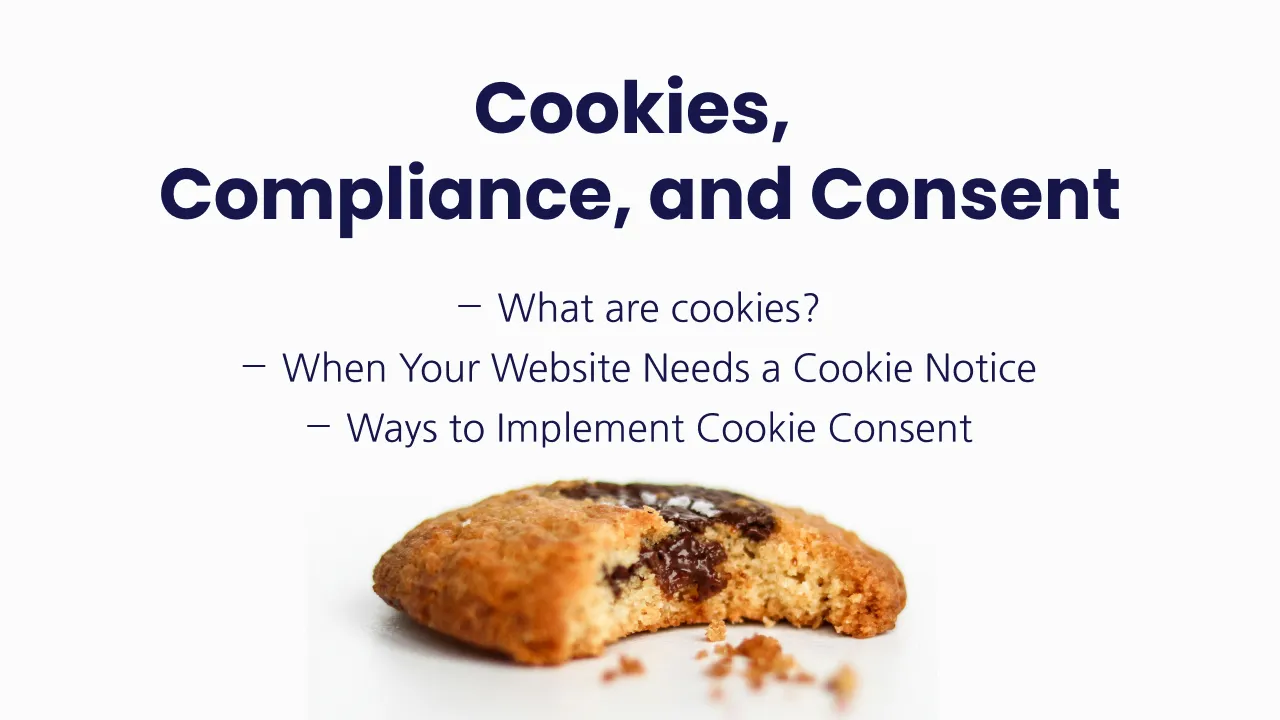Why Rich Web Experiences Now Matter More Than Ever
With Google's core update in March 2024—a highly complex rollout involving changes to multiple core systems—the way Google assesses content’s helpfulness evolved. For the past six months, this topic has been at the forefront of SEO discussions, as experts continue to analyze what contributes to Google’s perception of "helpfulness."
SEO expert Brie Moreau conducted a comprehensive study, analyzing 260,000 search results to answer a key question: What exactly does Google want? You can find the study overview in Search Engine Journal or listen to his podcast with Jared Bowman, where he discusses the team’s discoveries in depth.
One of the most fascinating findings from Brie’s study was the positive correlation between HTML file size and improved search rankings. Here's a direct quote from his podcast:
“HTML file size matters as a metric, and this is a novel finding that we uncovered. Essentially, the larger the file size, the more we see a positive correlation with improved rankings. Why? We’re not entirely sure, but we assume it’s due to the breadth and depth of the content. It’s not about having clunky or inefficient code, but about including rich elements that enhance the user experience—such as images, videos, and other media. This aligns perfectly with Google's focus on user experience as part of its Helpful Content Update.”
Note: The quote has been slightly revised from the original podcast audio for improved clarity and readability.
What We Observed from Rapid Fire’s Projects
Brie’s findings resonated with us at Rapid Fire Web Studio because we made a similar observation even before the March core update. Two blogs we worked on—comparable in many ways—experienced significant drops in Google search clicks. However, their recovery trajectories differed:
- Blog A had an interactive map, advanced search capabilities, and a detailed categorization system.
- Blog B was highly niche-focused and had performed well initially, but lacked features beyond basic content.
While both blogs were hit hard by the update, Blog A recovered much faster. We concluded that its richer web experience played a major role in the quicker recovery. This aligns with Brie’s discovery—Google seems to reward content that offers a more engaging user experience, which may also help the search engine filter out low-quality, spammy sites that aim to manipulate rankings.
How Can You Improve Your Website for Better SEO?
Based on these insights, here’s our recommendation:
Enhance your website’s user experience with meaningful features. Avoid cluttering it with unnecessary elements, but add functionalities that genuinely engage users and improve their experience.
For blogs, consider the following improvements:
- Add images, infographics, and videos to your articles.
- Use headings, subheadings, bullet points, and lists to structure content.
- Incorporate features like filtering, search tools, categorization, breadcrumb navigation, and tables of contents to improve usability.
- Encourage comments, sharing, and related posts suggestions to foster engagement.
For websites in general, try implementing:
- Site-wide search bars, sticky navigation, and back-to-top buttons.
- Interactive tools like quizzes, calculators, or chatbots.
- Enhanced forms with progress indicators or gamified elements.
- Exit-intent pop-ups and smart CTAs to guide users effectively.
Conclusion
There are countless ways to improve your website and enhance user experience. Whether you're running a blog or a larger site, these improvements can help align your content with Google’s evolving metrics.
Contact Rapid Fire Web Studio today for a free evaluation and a personalized improvement plan tailored to boost your search performance!








